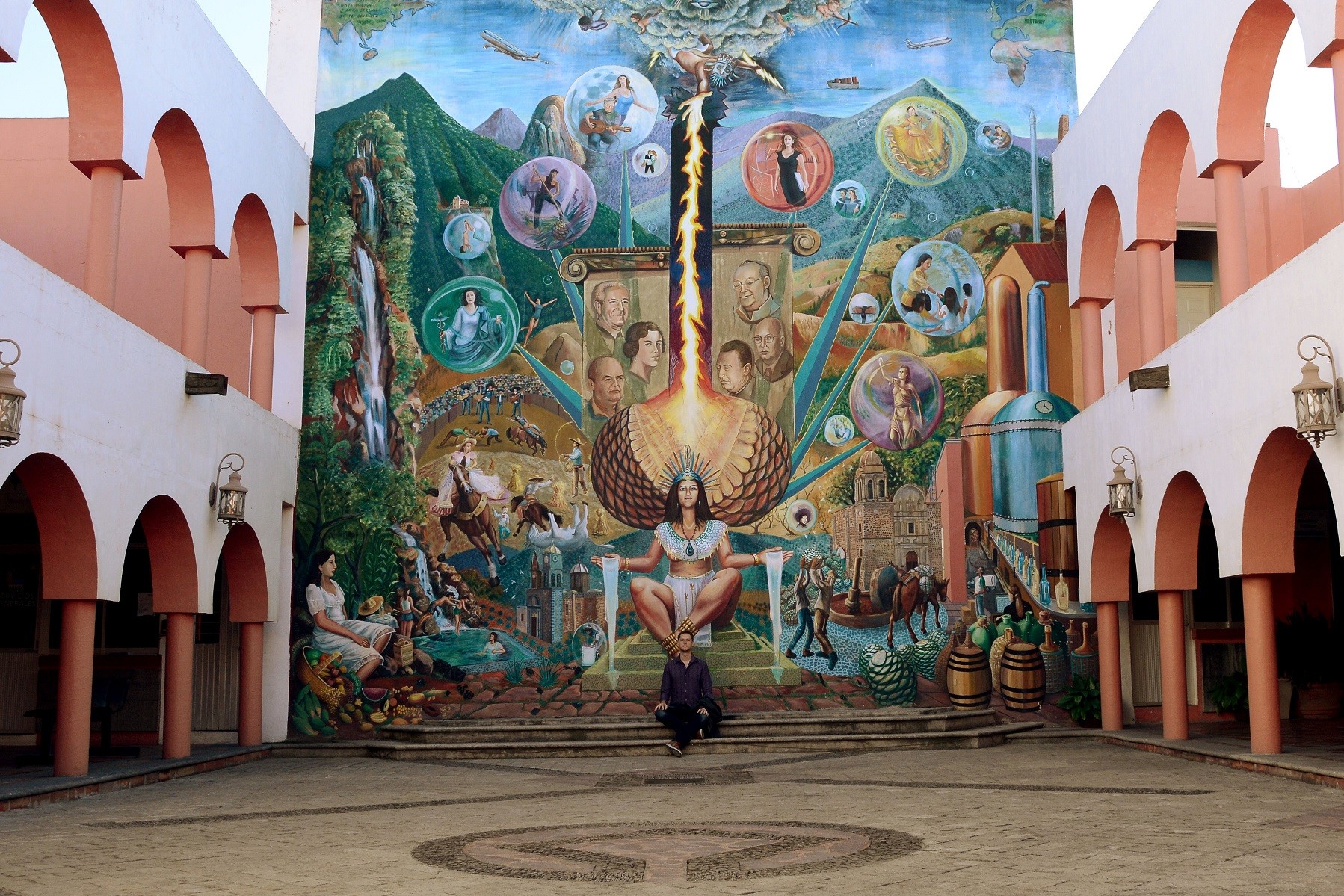The Episode:
To download the audio, right click and press “save as”.
Remember to subscribe on iTunes or subscribe on Pocket Casts.
If you enjoyed the episode, don’t keep it a secret! Feel free to share it on Twitter, Tumblr, Facebook, Reddit, or your office bathroom wall.
The Cash:
We really appreciate all of your contributions! Every cent and satoshi we receive lets us know that we’re doing something worthwhile, that you are entertained by our program, and that you’re starting to question what you know more and more. Please be generous. Donate by BitCoin: 182CzJUbz8xb1JZjuVm2S4YUBfd3xk2XfM
Or donate your Altcoins using Shapeshift:
Or give us a small amount of money every month using PayPal:
The Story:
It’s the 1920s in Russia. The reporter Solomon Shereshevsky goes to a meeting with his colleagues and his boss. On this day, Shereshevsky has forgotten his notebook, and he makes no notes during the meeting. His boss is dictating a complicated assignment and notices that Shereshevsky is not taking notes. The boss starts berating him, up to the point when he realises that Solomon can remember everything he has said, word for word. This is a shock to the boss, but also to Solomon, who has always assumed that this type of ability is available to everyone.
Shereshevsky (commonly known by his last initial, Ш., or S. in English) had an unusual ability, what’s known as an eidetic memory. To all appearances, he was incapable of forgetting, even to the extent of reproducing lists dictated to him decades before. He augmented his abilities using memory techniques such as creating a location in his mind, such as a street, with many houses and objects in it, each representing some idea. He could even remember poems in foreign languages, reproducing them perfectly, without any conception of what they meant.
S. is just one of many humans who possess extraordinary abilities which are far beyond the reach of many people. Ben Underwood is blind, but can sense his surroundings using echolocation. Wim Hof is so resistant to cold that he was able to climb Mt. Kilamanjaro wearing nothing but shorts. What other abilities exist, as yet undiscovered? Are these abilities really useful or nothing more than a parlour trick? Will we see the birth of the X-Men within a generation? We confront these questions and more, in this exciting chapter of … The Paradise Paradox!
The Links:
The Mind of a Mnemonist: A Little Book about a Vast Memory
Dr. Strangelove Or: How I Learned To Stop Worrying And Love The Bomb
A New Science of Life: The Hypothesis of Morphic Resonance
Existenz
N’kisi – African gray parrot telepathy experiment
Stephen Wiltshire – The Human Camera
Kim Peek – The real “Rain Man”
Scott Flansburg – Human Calculator
Wim Hof – Iceman
Tummo Meditation: An In-Depth Guide
Consciously Control Your Immune System With The Wim Hof Method
Going Within And Sixth Sense Abilities
Ben Underwood – Echolocation
Slavisa “Biba” Pajkic – Electric man
Dave Mullins – freediver
Natasha Demkina – The Girl With X-Ray Eyes
Natasha Demkina – The Girl With Normal Eyes (CSICOP article)
Daniel Browning Smith – The Rubber Boy
Mark Rutzen – Dives with sharks
Kevin Richardson – Lion whisperer
Is your brain really necessary?
David Lucas Burge – developing perfect pitch
Four people who gained superhuman abilities from brain injuries or missing senses
Cover image used and modified under Creative Commons. View the original image.


